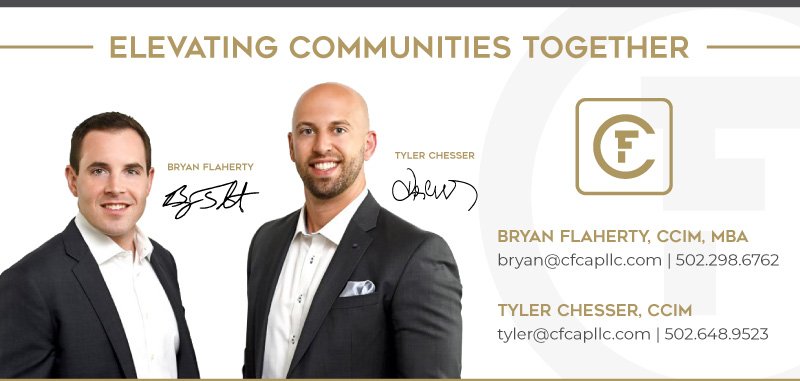How Would a Housing Market Recession Impact Multifamily Property Investing?
Many macroeconomic forecasters are saying that the United States (and many countries throughout the world, for that matter) is currently or is going to be in a recession soon, which has many investors concerned. During a housing market recession, (one angle of the economy that experts are forecasting may be entering recession territory) depending on your timing and the particulars of the strategy, it may not be the ideal time to invest in single-family homes. However, history has proven it can be an ideal time for multifamily property investments if you’re careful and diligent. While the impact of a recession is often felt in almost every aspect of business and investing, multifamily real estate can be a recession-resilient investment vehicle.
Why is Multifamily Property Generally Stable during a Housing Market Recession?
Although recessions can cause people to stop spending money on unnecessary consumer goods like luxury cars, housing is a must. However, the home-selling inventory is tight, and prices have skyrocketed over the past few years. This leads potential buyers to struggle as they search for an affordable home. These consumers are less likely to purchase a home because of the sub-optimal state of the housing market. Since purchasing a home is out of the picture for most individuals, they are more likely to rent. This means there is an increased demand for rental homes, like multifamily properties. In past recessions, multifamily investments remained stable in the midst of rising prices. Today, in the United States, there is an increase in demand for multifamily apartments, which is one significant reason it’s generally a great time to invest in them.
Multifamily Property Investment: Vehicle to Success
The economy fluctuates and markets can be unpredictable. But commercial real estate opportunities have built-in protections, for example—current trends of population growth in specific geographical areas. Investing in prime locations for multifamily apartments targets existing or new tenants because they want a safe, comfortable, and affordable place to live. Multifamily property areas need strong fundamentals like good neighborhoods and good job access, and when these criteria are met along with buying well, financing appropriately, and managing prudently, your investment will produce consistent cash flow via strong occupancy and rent growth.
Potential Risks of Multifamily Property Investment
There is a clear relationship between inflation and rising interest rates. The Federal Reserve has increased interest rates in order to decrease demand across the economy, and therefore prevent further increases in prices. Obviously, this makes borrowing money more expensive. Getting a loan after these interest rates rise can cause your debt burden to increase substantially. Although the purchasing power of money could decrease allowing future loan payments to be “cheaper,” it still can be a risky proposition.
Also, although the cost of housing might decrease, inflation causes the cost of construction materials and labor to rise. Having to invest more into a renovation could cause your return on investment to decrease. Therefore, having an experienced and resourceful investment partner is key. With the right team, tactics, and expertise implemented, multifamily property investments can be a dependable investment vehicle for profits and success.
Invest with CF Capital
During a recession that includes persistent inflation, certain markets across the United States may be affected by rising prices. Those who struggle to purchase a home because of skyrocketing prices and interest rates become more reliant on the multifamily market. This means having a diverse investment portfolio in multiple multifamily assets will help ensure that your cash flow continues to increase for the foreseeable future. Get in touch with our team at CF Capital, to learn about how you can passively invest alongside our team to protect and grow your wealth.






















